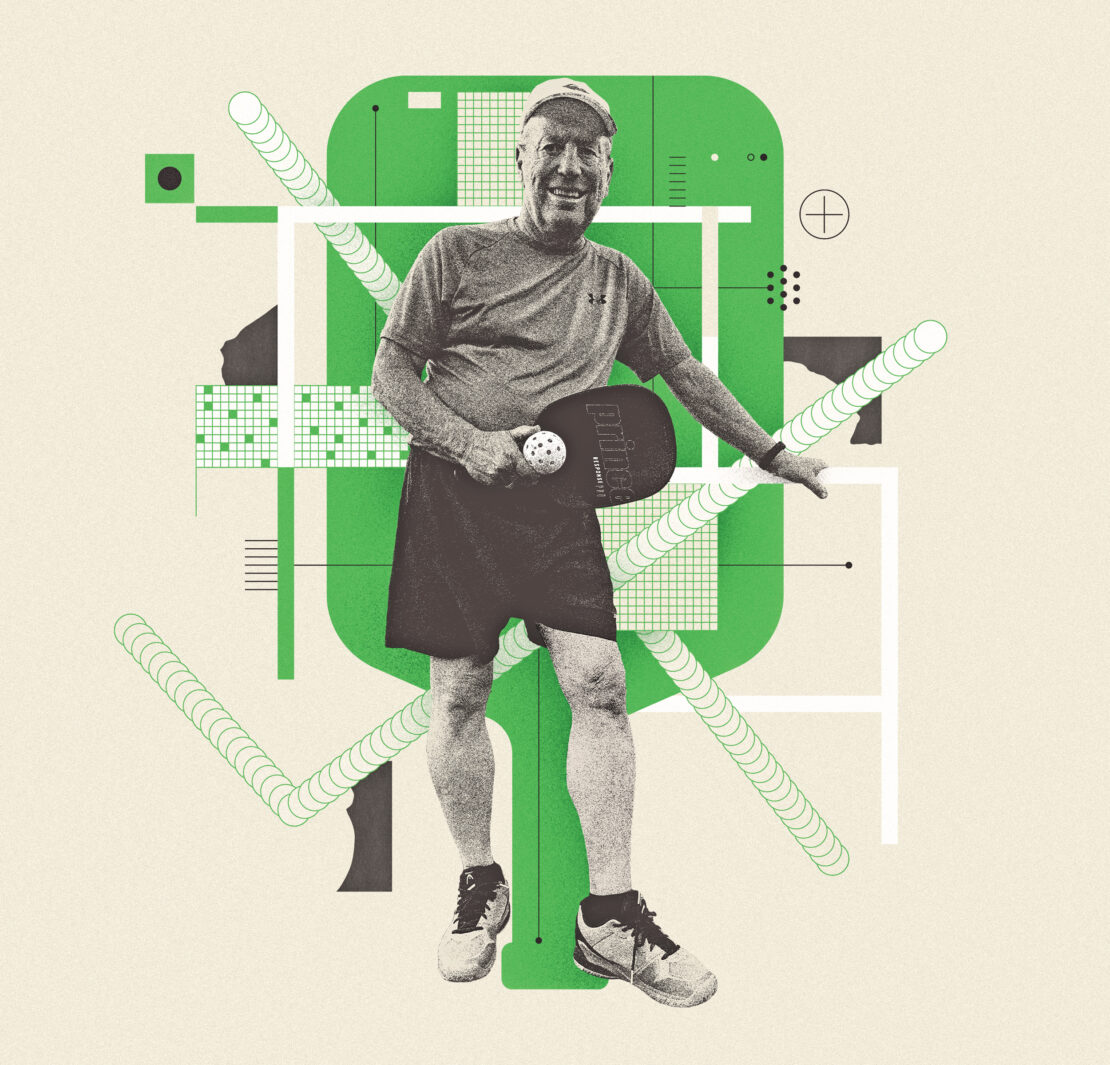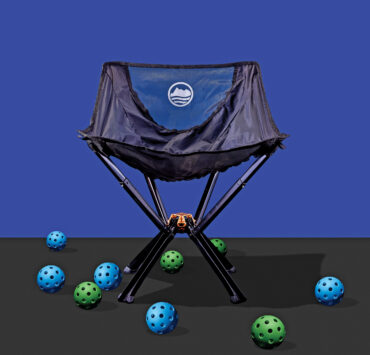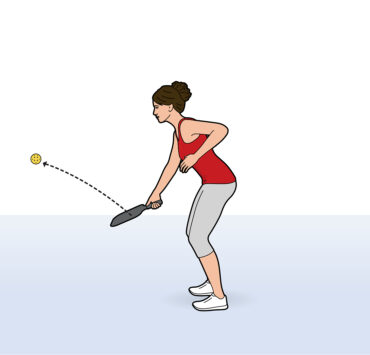ROGER BELAIR, a financial expert, author, public speaker, and avid pickleball player, was at Chicago’s Cook County Jail introducing the game to some of the inmates. It was mid-2018, when pickleball wasn’t as well known as it is today. During BelAir’s coaching, one of the inmates peppered him with questions: “What happens if a serve hits the line? What constitutes a shot as ‘in’ versus ‘out’?” A few minutes after the lesson, a guard came over. “He said, ‘Excuse me, Roger, was he talking to you?’” the now 75-year-old recalls. When BelAir replied “yes,” the stunned guard explained his astonishment: The man had been at the jail for three weeks yet hadn’t said a word to anyone—the staff didn’t even know he could talk.
BelAir was moved but not surprised. Since he’d first started visiting Cook County Jail in 2017 to teach the game to inmates and staff, he’d witnessed more than a few transformations: players gaining confidence, improving their behavior, even forming friendships with enemies. “They’re learning lessons about working with others, including people they previously didn’t get along with,” he says. Which is why he’s made it his mission to introduce the game to incarcerated people across the country, from New York to Alaska.
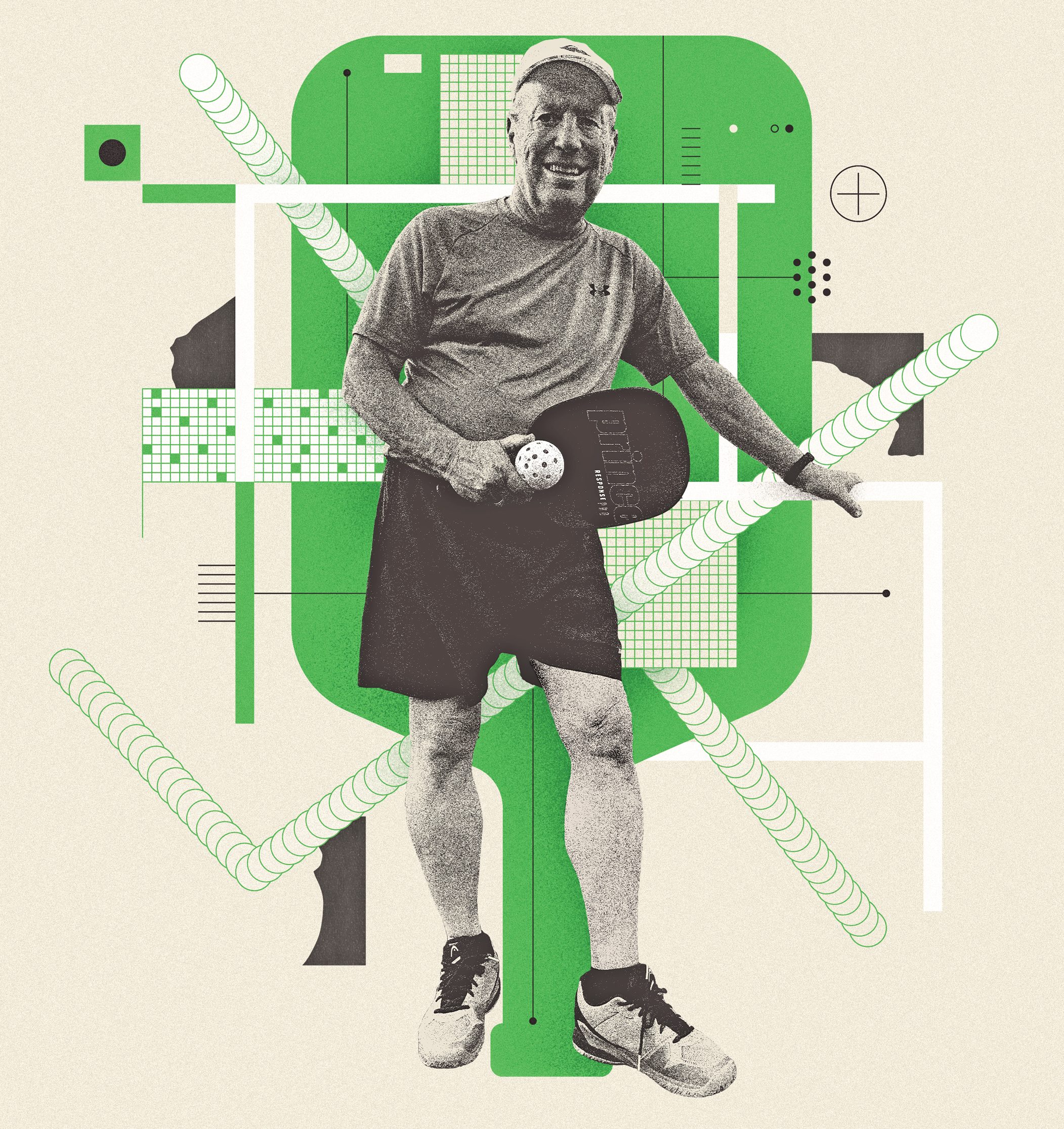
The sport’s accessible nature and low setup cost are ideal for the prison system. And the result, BelAir says, has been exactly what he had in mind when he first got the idea. After watching a 60 Minutes segment on Cook County Jail that showed inmates spending much of their time sitting around without stimulating activities, BelAir felt frustrated on their behalf. They ought to be playing pickleball! he remembers thinking. “They could learn life skills, learn from mistakes, think about consequences.” He wrote a letter to Tom Dart, the Cook County sheriff, and soon after, the Washington State native was on a flight to Chicago: “I didn’t know what to expect,” BelAir says. His nerves were warranted; when he began explaining the game’s history and rules to a few dozen inmates, the reaction was tepid. “They didn’t have any interest whatsoever in what I had to say. I could have been talking about hopscotch or tiddlywinks,” he remembers. BelAir switched gears and took the men out to the newly fashioned pickleball courts—basketball courts set up with nets and marked with tape. Immediately the mood shifted: Inmates hopped right into playing, listening closely to his instructions.
THE POWER OF PICKLEBALL
BelAir has seen firsthand how playing pickleball helps inmates, staff, and the overall prison environment.
Here’s why:
Less violence:
“Inmates want to play, so disciplinary problems are reduced. The motto on the inside is ‘Don’t behave, don’t play.’”
Everyone can play:
“Unlike other sports, the game is not dominated by the young, strong, and athletic.”
Development of life skills:
“The game teaches lessons like learning from mistakes, thinking about consequences, and becoming a better teammate.”
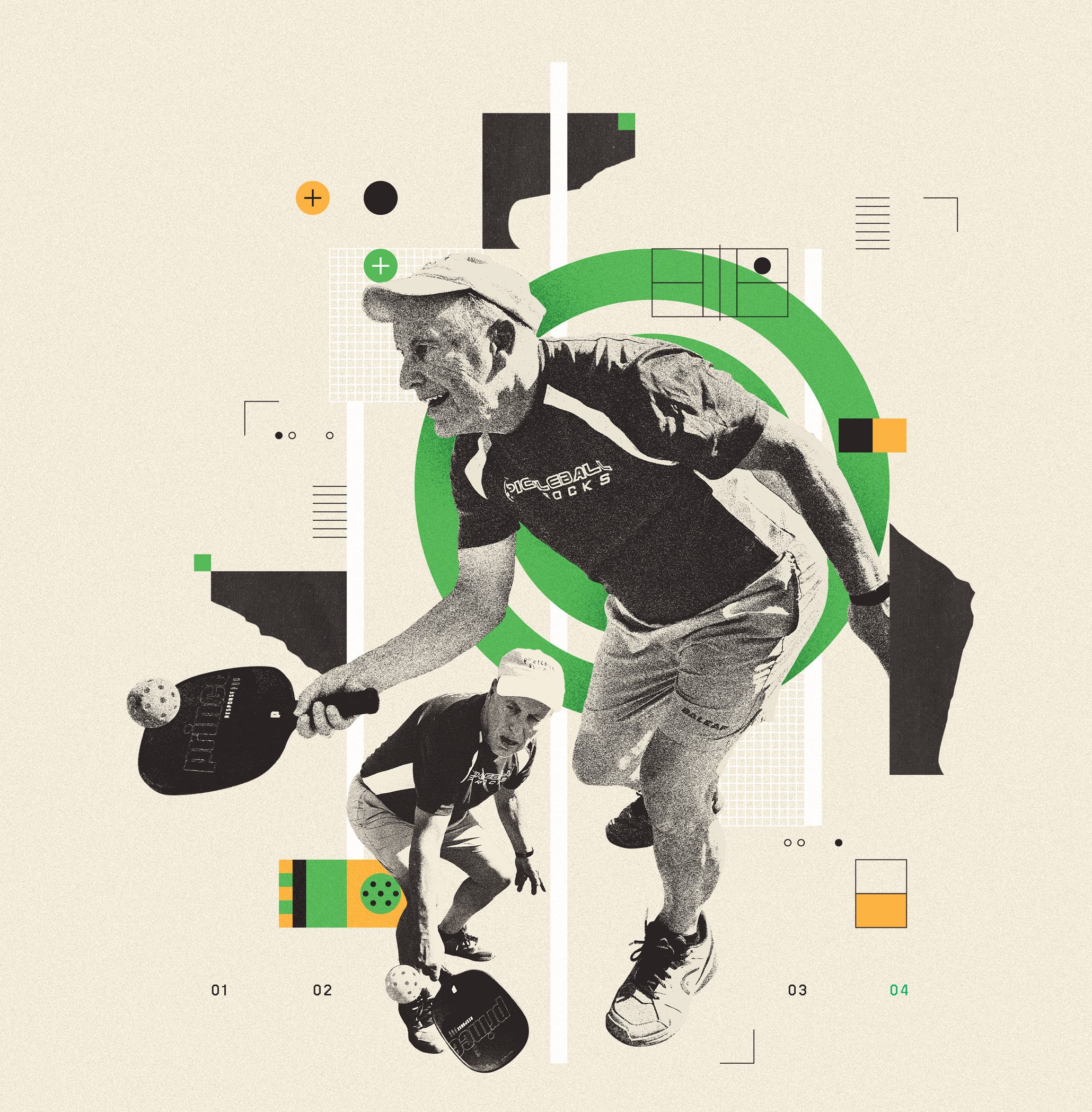
After returning from Chicago, BelAir was invited to New York City, where he taught more than 100 detainees and 25 staff members on Rikers Island to play; the deputy commissioner was so pleased he ordered paddles and nets for each of the island’s 10 sites. BelAir has been spreading the pickleball-in-prisons gospel ever since and no longer worries about players’ lack of interest. “I know they’re gonna be hesitant at first. I know they’re gonna spend some time sizing me up,” BelAir says. “And I know that by the time I leave, they’re gonna say, ‘When can we play again?’”
Better relations with staff:
“At some facilities the inmates and staff play with and against each other.”
Improved social interactions:
“Before pickleball, some opposing gang members wouldn’t even talk to each other. Now they share time on the courts.”
THE POWER OF PICKLEBALL
BelAir has seen firsthand how playing pickleball helps inmates, staff, and the overall prison environment.
Here’s why:
Less violence:
“Inmates want to play, so disciplinary problems are reduced. The motto on the inside is ‘Don’t behave, don’t play.’”
Everyone can play:
“Unlike other sports, the game is not dominated by the young, strong, and athletic.”
Development of life skills:
“The game teaches lessons like learning from mistakes, thinking about consequences, and becoming a better teammate.”
Better relations with staff:
“At some facilities the inmates and staff play with and against each other.”
Improved social interactions:
“Before pickleball, some opposing gang members wouldn’t even talk to each other. Now they share time on the courts.”

